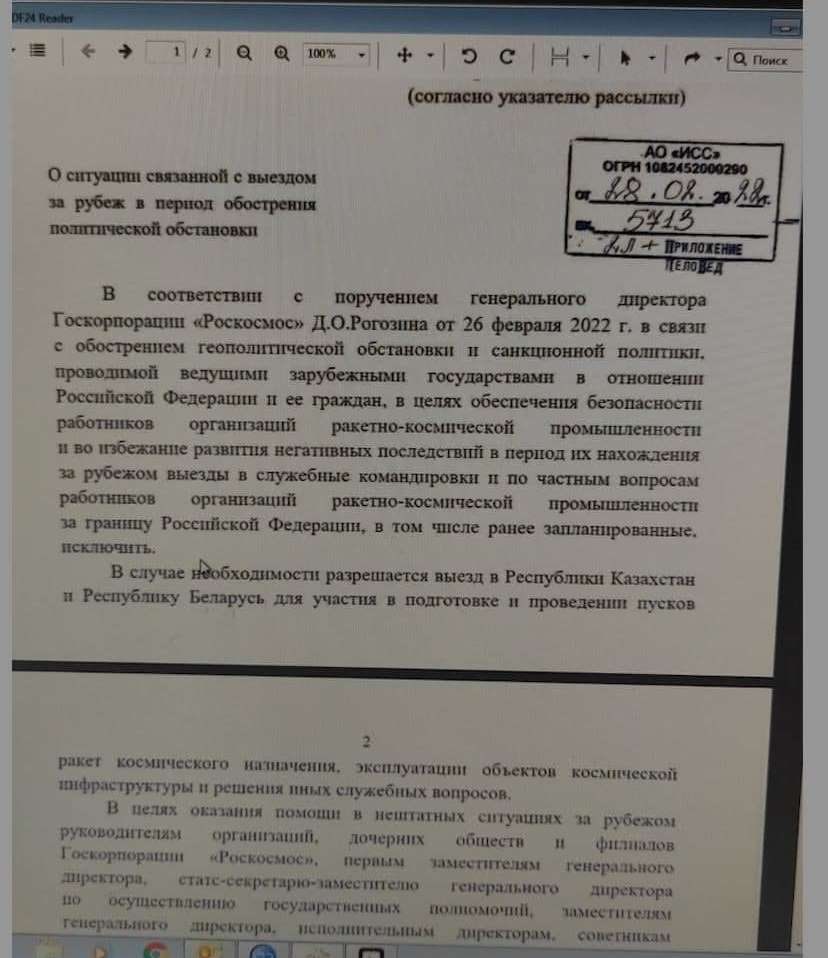Once Putin launched a full-scale invasion on Ukraine, many countries all over the world decided to come to Ukraine's aid. They gave Ukraine weapons, imposed sanctions on Russia and offered refuge to Ukrainians fleeing bombings. Voters call on their governments to do more, but the leaders do not want to risk a nuclear war.
I have heard that there are some EAs involved in policy in NATO countries, and I want to suggest a policy your countries can implement. It carries no risk of nuclear escalation, does not cost anything and will only make your countries richer, would weaken Russia's economy, reduce Putin's conscription base and steal his technical talent. It will not be enough to stop the war by itself, but it will help.
Just like the header says, just let Russians enter your country. Open borders would be ideal, but any simplification of the visa process will help.
[PSA: I know a brilliant Russian ML researcher who was working on an AI safety grant before the war started. The grant was cancelled due to sanctions, and this is your chance to hire him to work abroad or remotely.]
Why will this be an effective measure against Putin?
The first effect is on the armed forces. Men who don't want to fight will be able to avoid conscription. Soldiers will find it easier to desert if they AND their family can escape the country, since the regime sometimes targets dissenters' families.
The second effect is to weaken the economy. People leaving the country will stop paying taxes that sponsor the war. And these are not just random people leaving. The emigrants tend to be the people with savings, higher education, in-demand skills, foreign language knowledge and a good grip on reality. The brain drain created by emigration will further undermine Putin's ability to make weapons.
It may also undermine Putin's internal propaganda. People who watch Russian TV sound convinced that everyone hates Russians abroad, I had to reassure my dad that I am not abused in Berlin. This may make people feel that they have no choice left but to stick with their president, but offering refuge to Russians will make it obvious that it's untrue.
In addition to hurting Putin's regime, immigration can be beneficial to your own country.
The benefits of immigration to your country
- Immigration increases GDP.
- Immigrants are highly entrepreneurial. For example, USA immigrants launch new companies at twice the rate of native-born Americans and create large numbers of jobs.
- Immigrants are more likely to be young and working than native citizens, so they provide net benefit to government revenues and improve the social safety net for an aging population.
I'll try to answer some objections that might be raised against this policy.
What if Putin just closes the border?
He might, but then all the soldiers guarding the border cannot be fighting in Ukraine at the same time.
Won't some Russian immigrants be spies?
Yes. But, as the science writer and aerospace engineer Robert Zubrin points out, anyone doing classified work has to go through a security-clearance process. I am advocating for the policy of letting Russians into the country, not for the policy of giving all Russians access to all secrets.
We should cut off escape routes to Russians, in order to incentivize them to overthrow their government!
This argument assumes that overthrowing the government is a matter of being courageous and motivated enough. Below you see a famous picture of an courageous Chinese man stopping tanks on June 5th, 1898, the day after the Tiananmen massacre.

Around 100,000 students participated in those protests, thousands of them were killed, and the protests were suppressed. As Bruce Bueno de Mescita explains in "Dictator's Handbook", revolutions usually succeed either when the dictator is on his deathbed or when he fails to pay his essential supporters. Police and the army will disperse protests and massacre citizens, as long as they are payed enough to do this. Are they in Russia?
In an audio recording made by antiwar protester Alexandra Kalyzskih during her detention, a policeman hits, slaps and theatens her, and boasts that he will get a bonus for it. Not that the policeman's word is trustworthy, but their behaviour confirms it: they remain loyal for now.
Putin does not seem terribly concerned about the prospect of revolution either, as he is trying to stop people from leaving the country. Indeed, Metaculus predicts with 60% confidence that the Russian border will close by April.
People trying to leave get extensively interrogated at the border, their phones and belongings searched.
The law from 2nd March makes it illegal for Russian residents to transfer money abroad, and for anyone to take more than 10 000$ of cash in foreign currency when leaving the country. You are considered a Russian resident if you spent 183 days in the country this year. This make it hard for new emigrants to access their money, while rent prices have surged in countries open to Russians, such as Turkey.
Rogozin, the CEO of a state owned Roskosmos aerospace company, forbade his employees to go abroad.

It was suggested to free IT workers from the draft and give them a mortgage discount, to get them to stay in the country.
Obviously Putin believes that the usefulness of would-be emigrants to the Russian economy is greater than the threat they represent. So he is trying to keep them in. Anyone stopping Russians from leaving is helping Putin.
What about the people from all the other countries, shouldn't we open the borders for them, too?
I believe that borders should be open for everyone. But big changes have to start somewhere. You start by inviting Ukrainians and Russians. I predict that this will prove beneficial for your country, and the voters will see it. This success allows you to push for more immigration. (Or, if my prediction is wrong, you can stop there.)




One could also consider a policy to provide to any Russian who has a STEM PhD (or similar work experience) a long-term visa. Such a visa could eventually lead to permanent residency. I don't know if this has a realistic chance of becoming law. Maybe in Canada, a country that's unusually friendly to immigration?
I don’t think there’s that’s as much ambiguity here as you’re making out. You can just look up the conditions of the visa. It would be interesting to see a random sample of people who received the visa though.